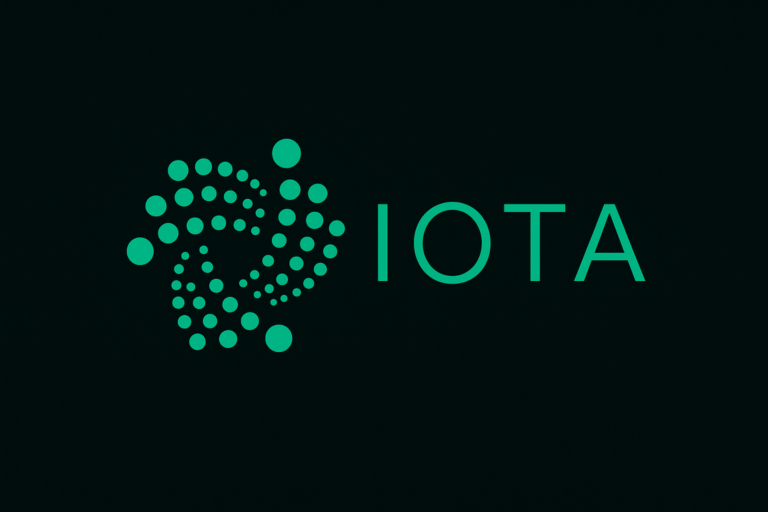
In a long-anticipated move, U.S. lawmakers from both major political parties have joined forces to unveil a comprehensive regulatory proposal aimed at reshaping how digital assets are governed in the United States. Titled the “Digital Asset Market Clarity Act of 2025” — or simply the CLARITY Act — the bill seeks to establish clear oversight responsibilities for federal agencies and provide a more structured legal environment for the rapidly growing crypto industry.
The legislation was introduced by Representative French Hill, a key figure in Washington’s digital finance policy efforts, and is backed by bipartisan support, including three Democratic co-sponsors. Hill emphasized the bill’s goal to offer much-needed regulatory certainty while maintaining a strong focus on consumer protections and innovation within the U.S. digital economy.
“I’m proud to lead this initiative alongside my colleagues on both sides of the aisle,” said Hill in a statement on May 29. “This legislation addresses long-standing confusion in the crypto sector by clearly defining regulatory roles, enhancing transparency, and building upon the foundational work we began in the previous Congress.”
Bridging the Divide Between Agencies
One of the most significant aspects of the CLARITY Act is its attempt to delineate jurisdictional boundaries between the Securities and Exchange Commission (SEC) and the Commodity Futures Trading Commission (CFTC). The ambiguity over which agency regulates what type of digital asset has created years of friction, legal battles, and market uncertainty. By outlining the respective domains of the SEC and CFTC, lawmakers hope to streamline regulatory processes and reduce legal ambiguity for crypto firms operating in the U.S.
New Compliance and Disclosure Requirements
The bill mandates that crypto developers provide detailed disclosures on project structures, ownership, and operational frameworks. This measure is designed to enhance accountability and give both regulators and the public greater visibility into how digital asset projects function behind the scenes.
For brokerages, exchanges, and other customer-facing firms, the proposed law sets stringent new compliance standards. These include requirements to segregate customer funds from company assets, disclose potential conflicts of interest, and meet a higher bar for operational transparency. Registration and licensing regimes will also be standardized, providing a clear pathway for digital asset businesses to legally serve U.S. customers.
Representative Ritchie Torres, one of the bill’s supporters, highlighted its importance: “The CLARITY Act delivers what our digital economy desperately needs — reliable, transparent rules of the road that protect consumers and support innovation.”
Building on Past Efforts
This bill comes on the heels of earlier legislative attempts, including the FIT21 Act, which passed the House of Representatives but failed to gain traction in the Senate. The groundwork for the CLARITY Act began in April during hearings held by the House Subcommittee on Digital Assets, Financial Technology, and Artificial Intelligence.
The renewed momentum reflects growing consensus in Congress that regulatory clarity is essential not just for protecting investors, but also for ensuring the U.S. doesn’t fall behind in the global race to lead the future of digital finance.
Parallel Efforts on Stablecoins
The CLARITY Act is only part of a broader push to bring order to the U.S. crypto landscape. Alongside it is the GENIUS Act, a proposed stablecoin regulation bill that has already passed a key Senate procedural vote. Backed by the Trump administration, the GENIUS Act has drawn vocal support from Treasury Secretary Scott Bessent and “Crypto Czar” David Sacks, who see it as a cornerstone for modernizing the U.S. financial infrastructure.
However, political headwinds remain. Some Democrats have expressed concerns about President Trump’s involvement in the crypto space, leading to a temporary dip in support for the stablecoin bill earlier this year.
Final Thoughts
With the CLARITY Act now officially on the table, the U.S. is taking a significant step toward building a more coherent and functional regulatory framework for digital assets. While the bill’s future remains uncertain in a divided Congress, its introduction is a signal that lawmakers are finally taking the crypto sector seriously — and doing so with a sense of bipartisan urgency that has been rare in recent years.
If passed, the legislation could become a landmark moment for U.S. crypto policy, potentially setting the stage for a new era of digital asset innovation rooted in legal certainty and regulatory fairness.




